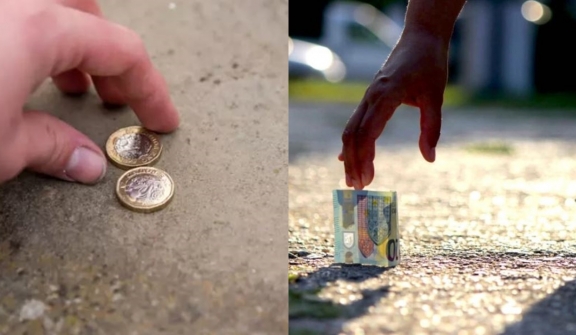
While the popular saying goes, 'find a penny, pick it up,' it's not the most advisable course of action. Finding cash on the floor might be exciting, but it could lead to troublesome issues.
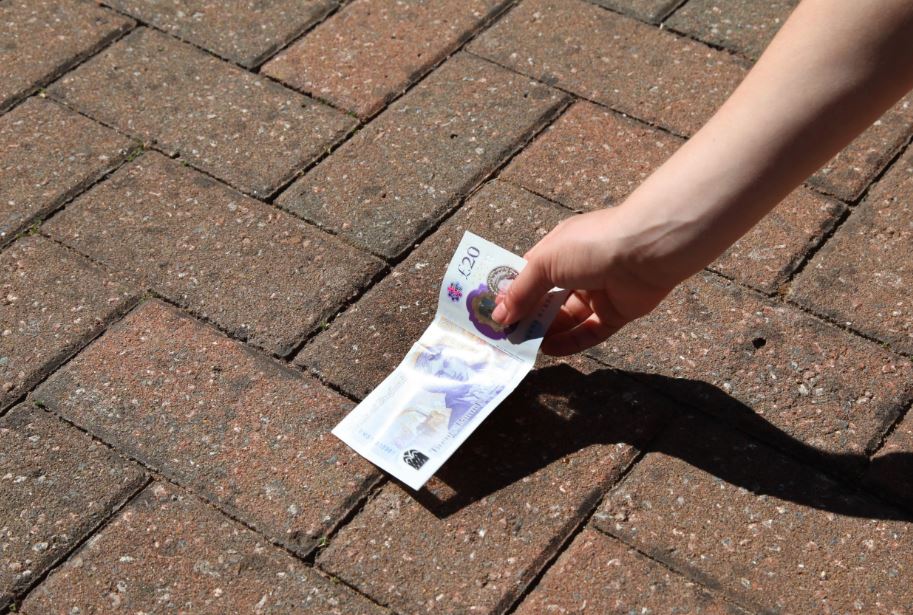
According to The Sun, Gerard Filitti, an attorney at law and senior counsel at The Lawfare Project, has advised that people should exercise caution when picking up banknotes they find on the street.
He said: "In the UK, if you find money on the street and don't attempt to return it to its rightful owner, you can be charged with "theft by finding.”
"Under the Theft Act of 1968, a person is considered guilty of theft if they dishonestly appropriate property belonging to another.
"This includes cash," he added.
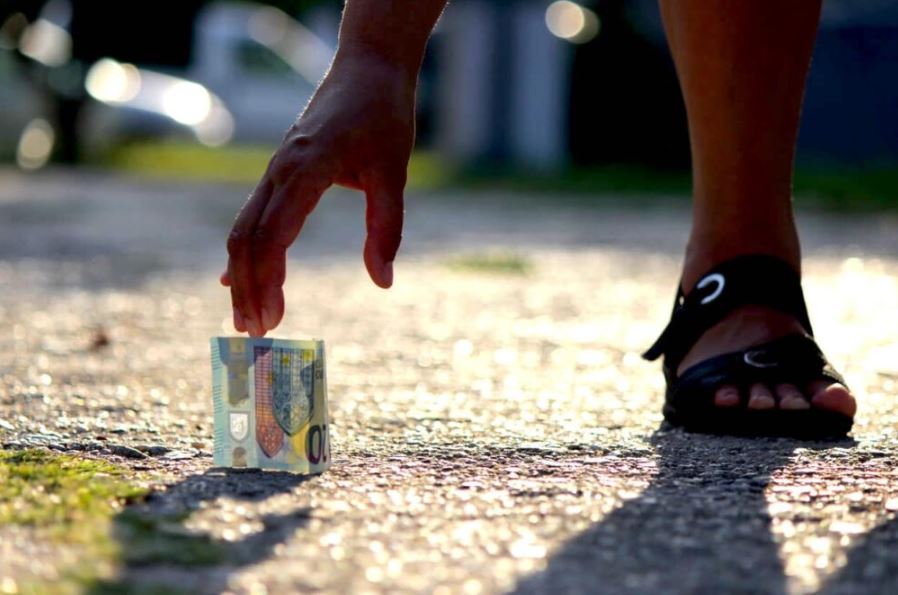
The legal professional emphasized that the process of returning the money to its rightful owner doesn't need to be complex.
If the money is discovered along with ID or related documentation, you can try to return the money yourself.
However, if the money is found in a public area or if there is any doubt about handing it over to a shop owner, you should take it to the local police station.
Gerard explained: "Attempting to return the money can be as simple as handing it to a shop owner or manager if the money was found in the shop - provided that you believe that shop owner will make reasonable efforts to return it to its owner."
He continued:"Should the rightful owner not be identified within 28 days, you can then claim the money."
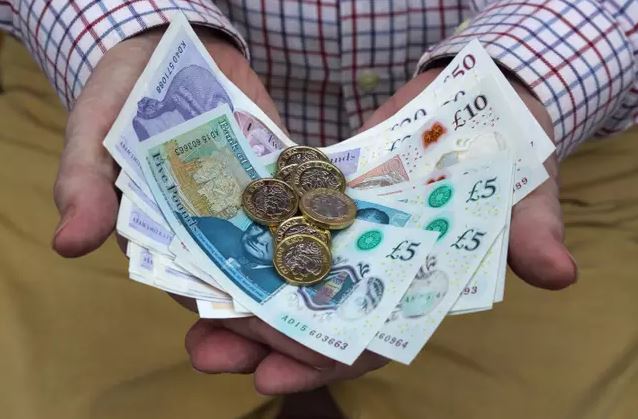
In the event that you come across something shiny that is not commonly used as currency, Gerard explained that the situation takes a slightly different turn.
When it comes to items considered treasures, the determination of whether they indeed qualify as "treasure" under the Act is subject to a coroner’s inquest.
If the item is confirmed to be treasure, the finder is obligated to sell the discovery to a museum, and the price is determined by an antiquities board.
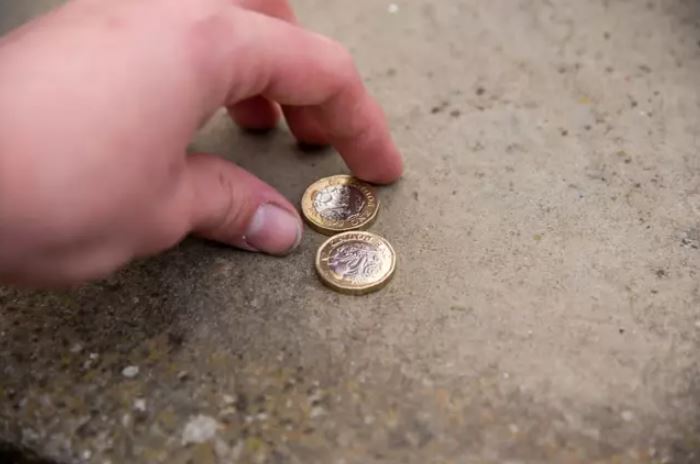
"With regard to treasure, the Treasure Act of 1996 requires people who find treasure to report the find to their local coroner within 14 days."
Gerard added: "It should be noted that if something is found in or attached to the land (think buried treasure), in the event that the coroner’s inquest determines that it is not treasure or a museum has no interest in the find (if it turns out to be treasure), then the person in lawful possession of the land is entitled to it - even if this person is not the one who found it."




